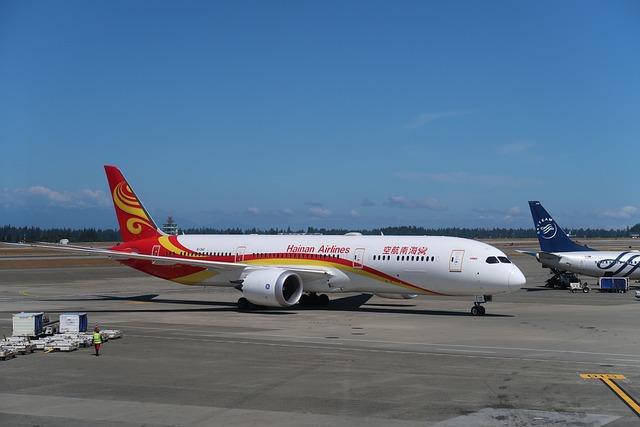
Credit: Pixabay
This week we look how Asia-Pacific, China and India flight hours compare with the equivalent month in 2019.
Shortly after the COVID outbreak, China went into full lock down, and in the short term it actually helped them get back to pre-pandemic flight hours due to their large domestic market. However, an ineffective vaccine and the continued “zero-COVID” policy resulted in erratic flights throughout 2021 and 2022.
Asia-Pacific has taken a little longer to open up compared to other regions of the world, resulting in a very slow and gradual climb from the end of 2021 to a little over 80% flight hours in December 2022 when compared with December 2019.
India has continued to take delivery of new aircraft and are virtually at pre-pandemic flight hours levels; some months even bettered the 2019 equivalent month.
With China’s “zero-COVID” policy no longer in place, the near-term uncertainty in the region will continue to exist. However, there are some brighter spots in an around the region.
This data was put together using Aviation Week’s Tracked Aircraft Utilization tool.





